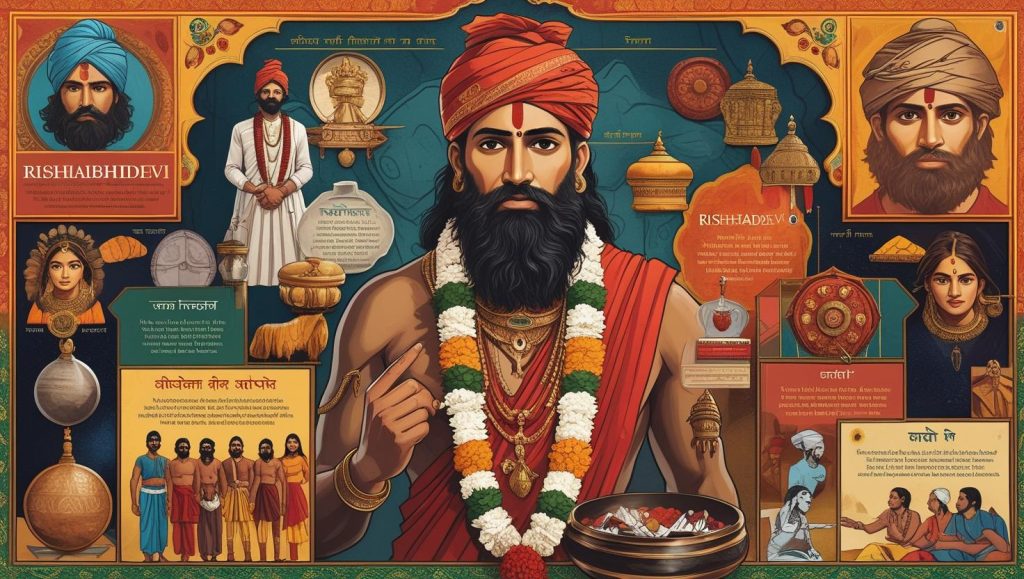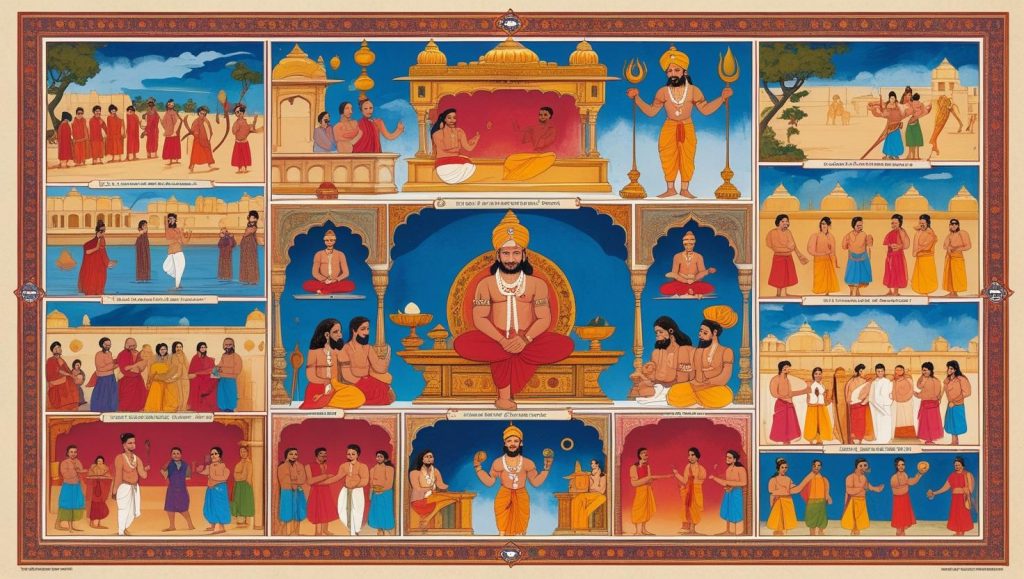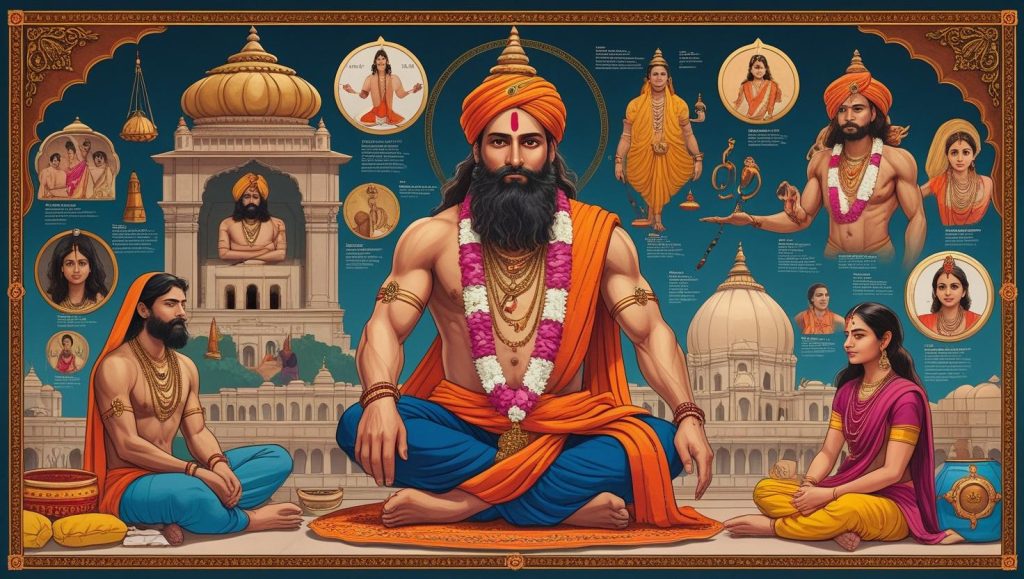When we speak about the deep spiritual roots of India, the name Rishabhdev—also known as Adinath—emerges as a guiding light. As the first Tirthankar in Jainism, Rishabhdev’s contributions go beyond religion; they touch philosophy, governance, arts, and even economic life. His influence can be seen in ancient scriptures, temple architecture, ethical systems, and the cultural ethos of India.

Rishabhdev in Ancient Indian History
According to Jain scriptures, Rishabhdev was not only a spiritual teacher but also a social reformer. He is believed to have introduced agriculture, cooking, and various forms of human settlement, transitioning humanity from a nomadic lifestyle to a more organized society.
- This shift was crucial in shaping the early economic systems in India.
- His governance principles emphasized truth, non-violence, and righteous living, influencing the way rulers approached justice and law.
Cultural and Artistic Impact
Rishabhdev’s life inspired countless works of art and sculpture. The majestic idols of Rishabhdev, often depicted in a serene meditative posture with flowing locks, symbolize spiritual calmness.
- Temple Architecture: The Rishabhdev Temple in Rajasthan, with its intricate carvings and spiritual ambience, stands as a masterpiece of Jain architecture.
- Iconography: The bull symbol (his emblem) became a recurring motif in Jain art, representing strength, stability, and steadfastness.

Philosophical Contributions to Indian Thought
The core values taught by Rishabhdev—Ahimsa (non-violence), Satya (truth), and Aparigraha (non-possession)—became not only Jain ideals but also shaped Indian moral and spiritual frameworks.
- These teachings inspired movements like Gandhian philosophy centuries later.
- Concepts of minimalism, ethical living, and compassion in Indian culture have roots tracing back to his guidance.
Integration into Festivals and Traditions
Rishabhdev’s influence is celebrated through festivals like Rishabhdev Jayanti, where devotees remember his teachings and life events. Rituals, pilgrimages, and temple fairs keep his legacy alive in the hearts of millions.
Conclusion
Rishabhdev’s role as a spiritual teacher, social reformer, and cultural icon cements his place as a foundational figure in Indian history. His influence continues to resonate, offering timeless wisdom in an ever-changing world. Visiting his temples or studying his teachings is not just an act of devotion—it’s an immersion into the roots of Indian culture itself.


